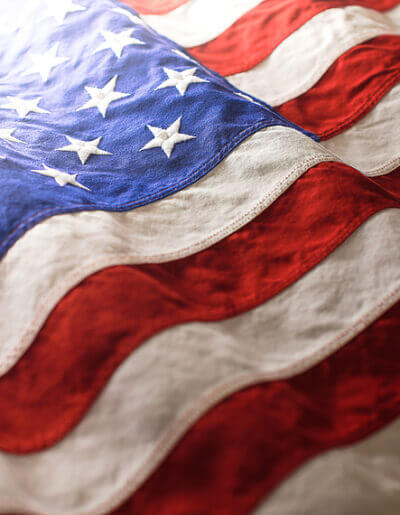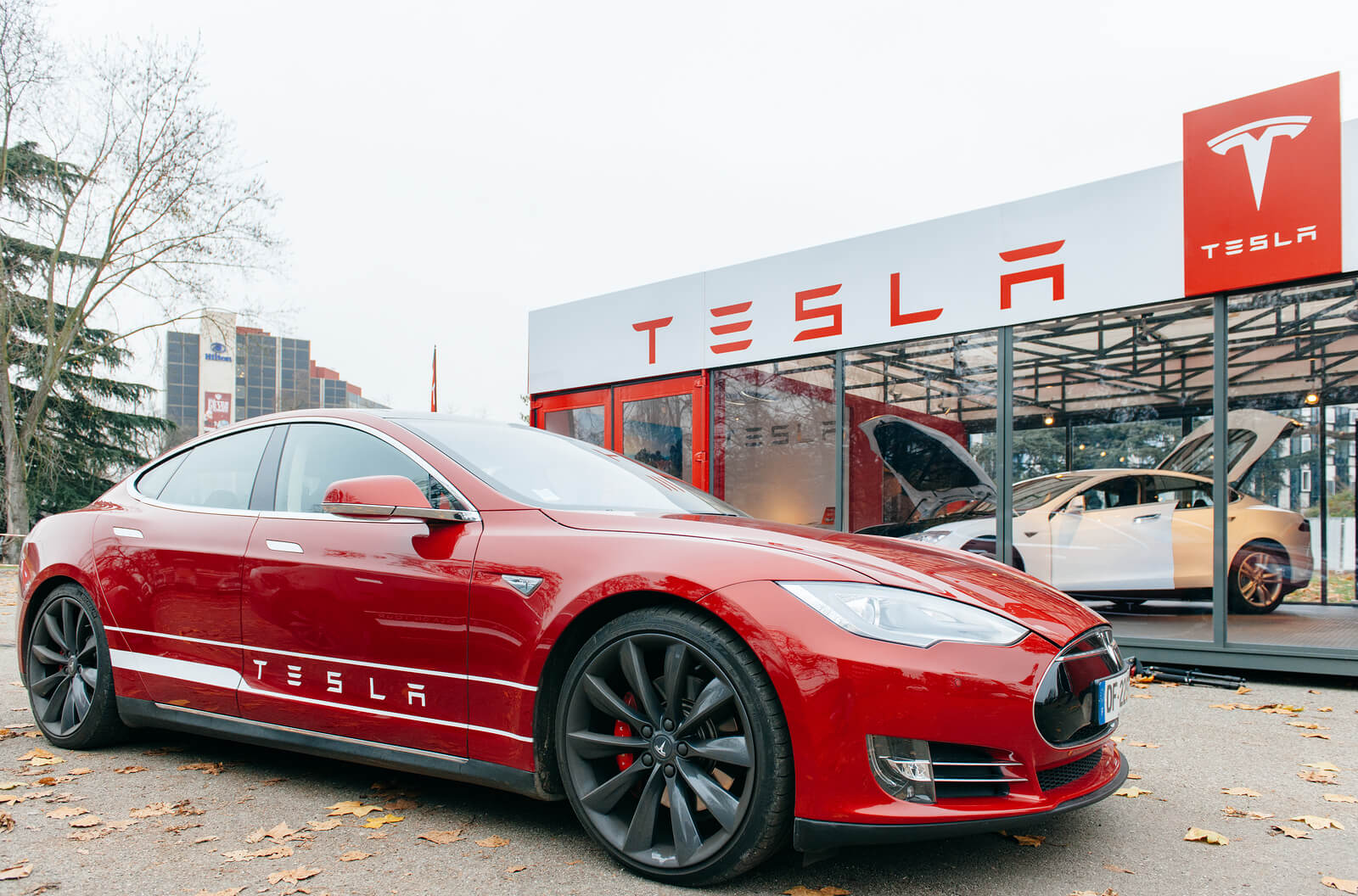I have been exploring the heights of scientific endeavor in reporting on artificial intelligence, from its use in medical research (especially promising) to its use in utilities and transportation. It is notable that many of the high achievers weren’t born here.
They have come here from everywhere, but the number of Asians is notable — and in that group, the number of women stands out.
As an immigrant, I am interested in why immigrants are so buoyant, so upwardly mobile in their adopted countries. I can distill it to two things: They came to succeed, and they mostly aren’t encumbered with the social limits of their upbringing and molded expectations. America is a clean slate when you first get here.
A friend from Serbia, who ascended the heights of academe and lectured at Tulane University, said his father told him, “Don’t go to America unless you want to succeed.”
A South Korean mechanical engineer who studied at American universities and now heads an engineering company that seeks to ease the electricity crisis, told me, “I want to try harder and do something for America. I chose to come here. I want to succeed, and I want America to succeed.”
When I sat at lunch in New York with an AI startup’s senior staff, we noticed that none of us was born an American. Two of the developers were born in India, one in Spain and me in Zimbabwe.
We started to talk about what made America a haven for good minds in science and engineering and we decided it was the magnet of opportunity, Ronald Reagan’s “shining city upon a hill.”
There was agreement from the startup scientists-engineers — I like the British word “boffins” for scientists and engineers taken together — that if that ever changes, if the anti-immigrant sentiment overwhelms good judgment, then the flow will stop, and the talented won’t come to America to pursue their dreams. They will go elsewhere or stay at home.
In the last several years, I have visited AI companies, interviewed many in that industry and at the great universities like Brown, UC Berkeley, MIT and Stanford, and companies like Google and Nvidia. The one thing that stands out is how many of those at the forefront weren’t born in America or are first generation.
They come from all over the globe. Asians are clearly a major force in the higher reaches of U.S. research.
At an AI conference, organized by the MIT Technology Review, the whole story of what is happening on the cutting-edge of AI was on view: faces from all over the world, new American faces. The number of immigrants was awesome, notably from Asia. They were people from the upper tier of U.S. science and engineering confidently adding to the sum of the nation’s knowledge and wealth.
Consider the leaders of top U.S. tech companies who are immigrants: Microsoft, Satya Nadella (India); Google, Sundar Pichai (India); Tesla, Elon Musk (South Africa); and Nvidia, Jensen Huang (Taiwan). Of the top seven, only Apple’s Tim Cook, Facebook’s Jeff Zuckerberg and Amazon’s Andy Jassy can be said to be traditional Americans.
A cautionary tale: A talented computer engineer from Mexico with a family that might have been plucked from the cover of the Saturday Evening Post lived in the same building as I do. During the Trump administration, they went back to Mexico.
There had been some clerical error in his paperwork. The humiliation of being treated as a criminal was such that rather than fight immigration bureaucracy, he and his family returned voluntarily to Mexico. America’s loss.
Every country that has had a large influx of migrants knows they can bring with them much that is undesirable. From Britain to Germany to Australia, immigration has had a downside: drugs, crime and religions that make assimilation difficult.
However, waves of immigrants have built America, from the Scandinavian and German wheat farmers who turned the prairies into a vast larder to the German Jews, who moved to Hollywood in the 1930s and made America pre-eminent in entertainment, to today’s global wave that is redefining Yankee know-how in the world of neural networks and quantum computing.




